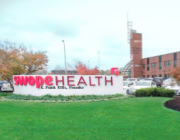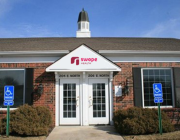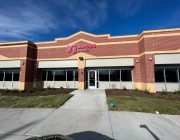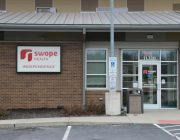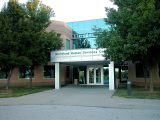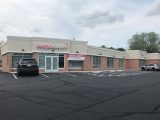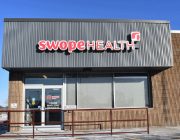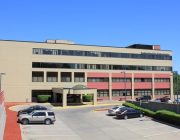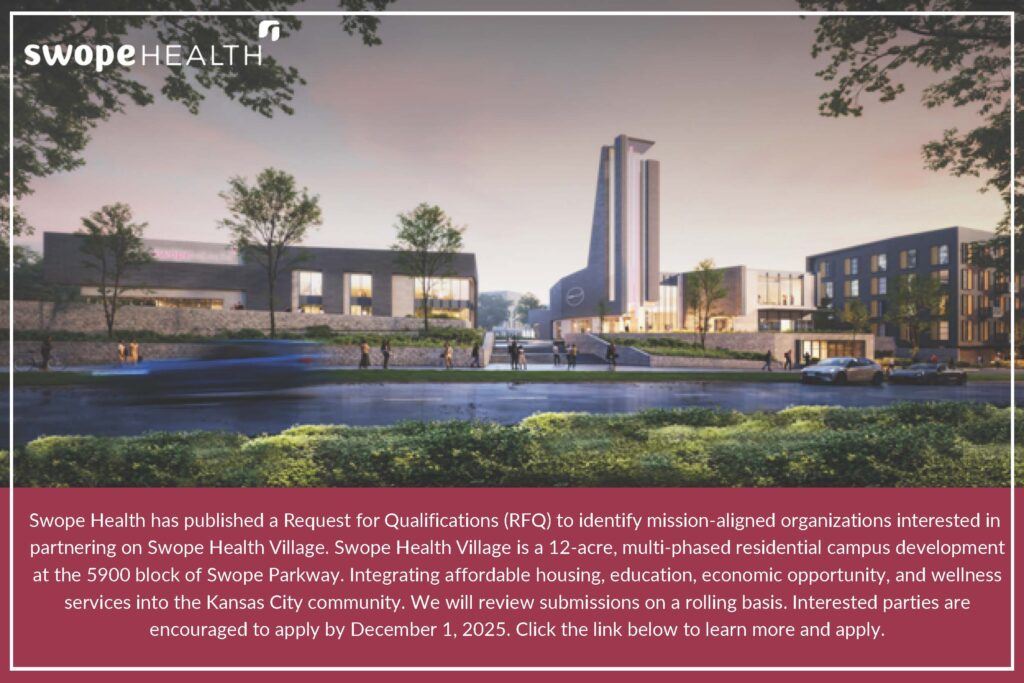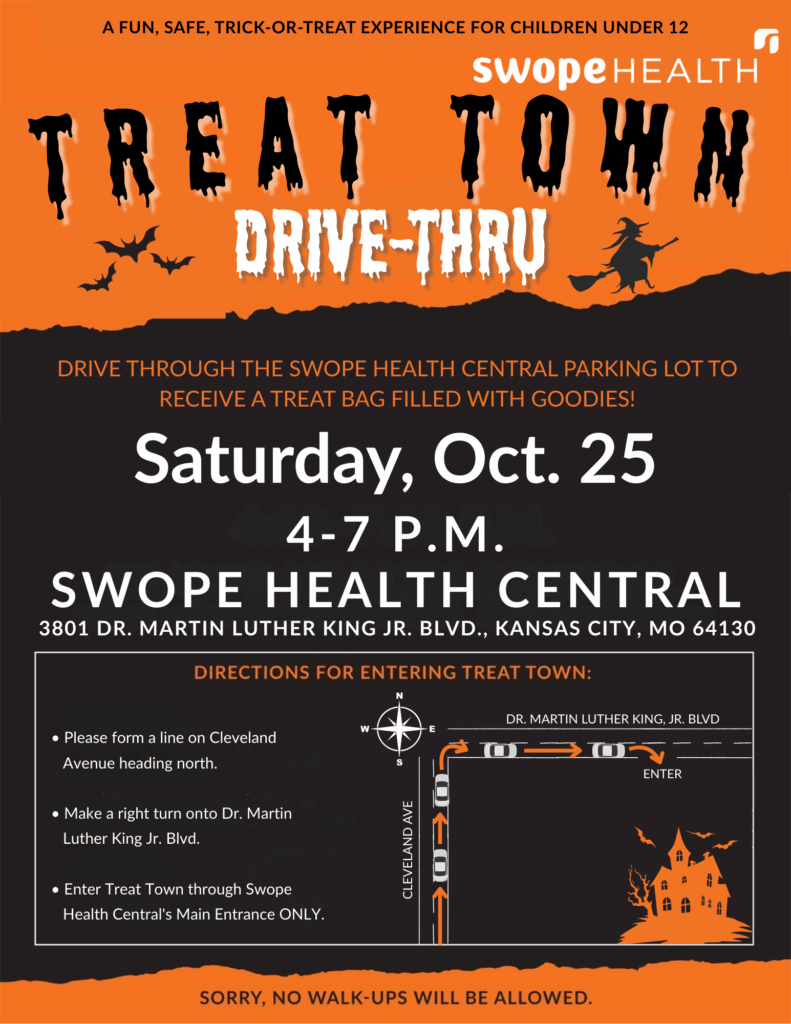Swope Health announces a new edition of its podcast, One on One with Swope Health, featuring the Rev. Darren Edwards, lead pastor of United Believers Church in Kansas City.
Eric Wesson, managing editor and publisher of The Call, hosts the show’s conversations with Kansas Citians about issues of importance to the community’s health and wellbeing. In this conversation, Wesson and the pastor, a community activist, discuss the city’s homicide rate and efforts to build stronger relations between the community and the Kansas City Police Department, among other topics.
Rev. Edwards is a native of Waxahachie, Texas. He has served on the adjunct faculty at Saint Paul School of Theology and led bible study groups for the Kansas City Chiefs. He has served on the board of trustees for Lifeway Christian Resources and for Word & Way magazine.
In 2020, Rev. Edwards founded an initiative called “Getting to the Heart of the Matter” to prevent violent crime by engaging the faith community to build a bridge between the community and the Kansas City Police Department.
In this conversation, Rev. Edwards says the initiative did not get to the heart of the matter, noting that will take “major surgery.” He describes his effort as one of stepping from the river into the ocean, and then getting bitten by sharks. But, he added, he now feels wiser and has learned from his experience.
He calls for leadership to invite courageous people to the table, people who live in the areas debilitated by crime. The people who live in the community know the issues and the solutions but lack the resources to address the issues.
Agitators in the streets and negotiators in leadership may not be operating from the same agenda, but desire the same things: a safe community, healthy children, jobs and equitable resources. He explains why he wants aligned leadership of the Mayor, the Police Chief and the Prosecutor – and he says he believes they can be aligned.
Rev. Edwards also talks bluntly about systemic oppression that lies at the root of the problems. He offers suggestions for bolstering relationships between the police and the community, and for addressing the issues of affordable housing. He calls on leadership to engage the community for answers.
He notes: “Even a doctor asks ‘Where do you hurt?’ That’s the problem – you’ve got people trying to tell me where I hurt.”
Listen to the full conversation:

